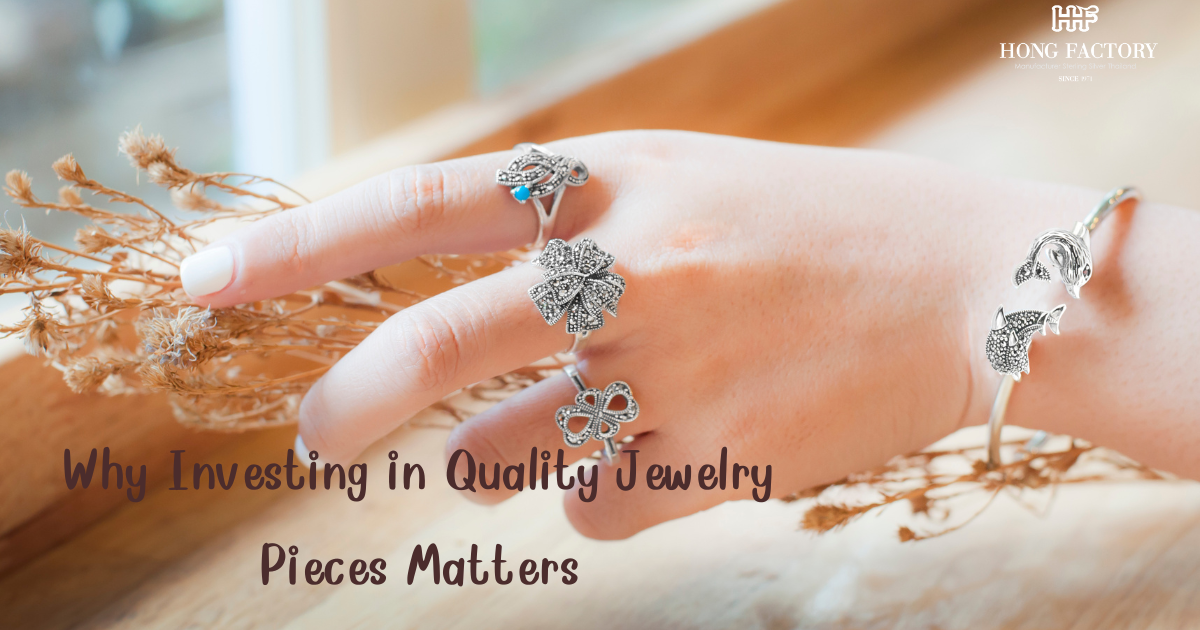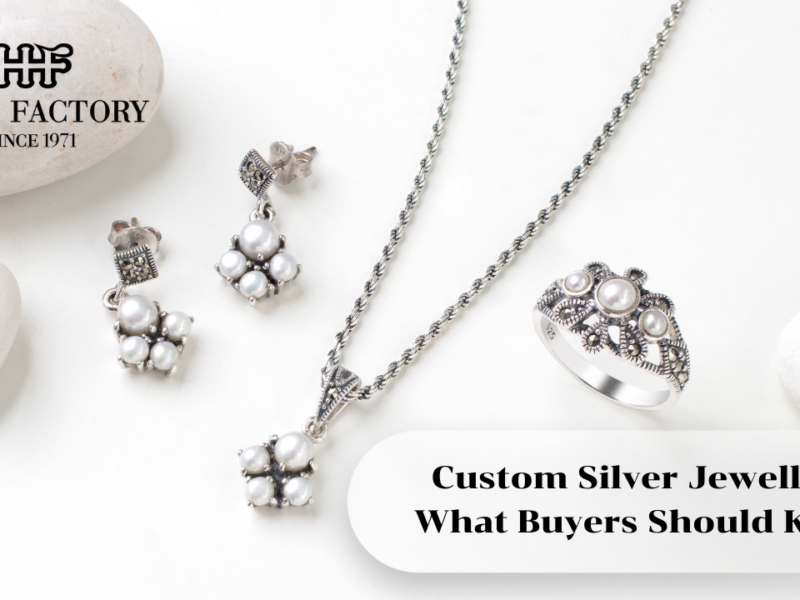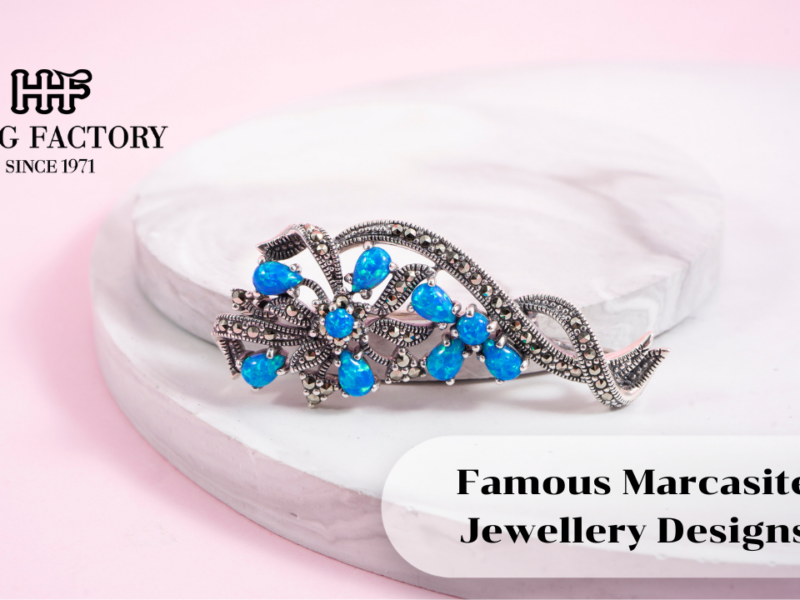Jewelry is more than just an accessory—it is an expression of personal style, a symbol of significant moments, and, in many cases, an investment. Minimalism
While fast fashion trends encourage buying inexpensive, mass-produced jewelry, investing in high-quality pieces provides lasting value, sustainability, and timeless elegance. Here’s why choosing quality jewelry over quantity matters.
Minimalism: A Sustainable Approach to Jewelry
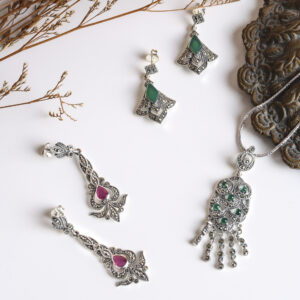
1. Durability & Longevity
High-quality jewelry is crafted with superior materials and expert craftsmanship, making it more durable and resistant to wear and tear. Minimalism
Benefits:
- Resistant to Tarnishing & Damage – Gold, platinum, and sterling silver retain their beauty longer than inexpensive alloys.
- Stronger Settings for Gemstones – Precious stones in fine jewelry are securely set, reducing the risk of loss.
- Can Last for Generations – Well-maintained fine jewelry can become heirloom pieces passed down through families.
2. Timeless Style & Versatility
Trendy jewelry pieces may quickly go out of fashion, while high-quality jewelry offers timeless appeal and versatility.
Benefits:
- Classic Designs Stay Relevant – Simple gold hoops, diamond studs, and delicate chains never go out of style.
- Enhances Any Outfit – Quality jewelry complements both casual and formal attire.
- Minimalist Yet Impactful – A few well-chosen pieces can elevate any look effortlessly.
3. Better Value Over Time
Fine jewelry retains and often increases in value, making it a worthwhile investment compared to cheap, disposable alternatives.
Benefits:
- Higher Resale Value – Precious metals and high-quality gemstones appreciate over time.
- Lower Cost per Wear – A durable piece worn frequently costs less over its lifetime than multiple low-quality replacements.
- Collectible & Investment Potential – Rare gemstones and designer jewelry can gain value over decades.
4. Ethical & Sustainable Choice
Choosing quality jewelry over mass-produced accessories promotes sustainability by reducing waste and supporting ethical sourcing.
Benefits:
- Less Environmental Impact – Fewer pieces mean less demand for mining and manufacturing.
- Ethically Sourced Materials – Many fine jewelry brands focus on fair-trade gemstones and recycled metals.
- Supports Skilled Artisans – Handcrafted jewelry helps preserve traditional craftsmanship and fair labor practices.
5. Sentimental & Emotional Value
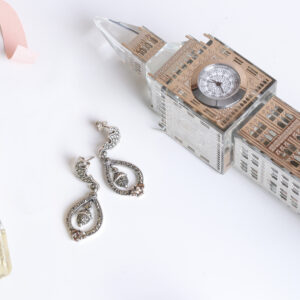
Quality jewelry often carries deep personal meaning, making it more than just a fashion statement.
Benefits:
- Symbolizes Important Milestones – Engagement rings, anniversary gifts, and family heirlooms hold sentimental significance.
- Customizable & Unique – Fine jewelry allows for personalization, from engraving to bespoke designs.
- Builds a Meaningful Collection – Over time, a collection of quality pieces tells a personal story.
6. Requires Less Frequent Replacement
Fast fashion jewelry is prone to breakage and discoloration, leading to frequent replacements. Quality jewelry, however, lasts for years with proper care.
Benefits:
- Saves Money in the Long Run – Avoid constantly repurchasing cheap, short-lived pieces.
- Retains Aesthetic Appeal – High-quality metals and gemstones do not fade or degrade easily.
- Reduces Waste – Investing in durable jewelry decreases unnecessary consumption and disposal.
7. Easy to Maintain & Restore
Unlike cheap jewelry, fine jewelry can be cleaned, repaired, and restored to maintain its beauty.
Tips for Maintenance:
- Regular Cleaning – Use a mild jewelry cleaner or professional services.
- Proper Storage – Keep jewelry in a soft-lined box to prevent scratches.
- Routine Inspections – Have clasps and gemstone settings checked by a jeweler.
Investing in quality jewelry is not just about luxury—it’s about durability, sustainability, and long-term value. Whether it’s for everyday wear, special occasions, or sentimental significance,
high-quality pieces offer lasting beauty and meaning. Instead of accumulating disposable jewelry, consider building a refined collection that will stand the test of time.
